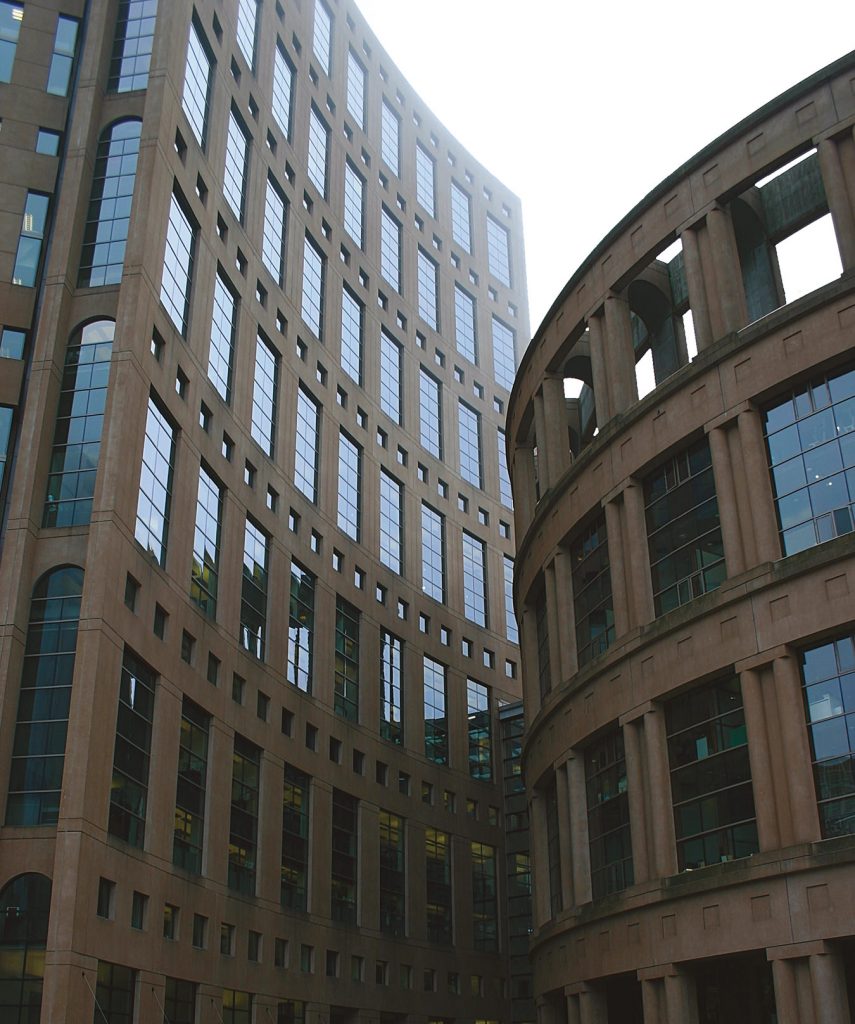All the talk about how the Vancouver Public Library is digitizing itself, how the 21st century is reinventing how we read, accumulate and assimilate information, may be completely accurate. Then again, it might be, as Mark Twain has it, greatly exaggerated. Shelagh Flaherty is director of the Central Library, and under the great canopy just outside the library doors, she states, simply, that “there have been changes, certainly. But you still need a library card.”
The greatest change is in the reference library. “The databases are always up to date, and retrospective,” Ms. Flaherty says. “It is easier than ever to find, for example, information from Statistics Canada.” What used to be in massive volumes of reference books is now online, and more complete. But a look inside the Central Library shows that it is teeming with activity, so the need for an actual facility to house resources is not going away anytime soon. “Our mandate is to preserve the history of our culture, our region, our city,” says Ms. Flaherty. “As such, we still lend out books.”
The library’s collection-development policy is adapting to certain digital realities, such as the large number of databases, including newspapers and magazines that are available online. These days, publishing entities increasingly do not merely provide a précis of their content, a teaser, but the full text. And the library responds to these changes, making available the database, and direct downloads in many instances, for its users.
As Ms. Flaherty points out, however, “There is still a social element, regardless of format.” She points to the fully populated desks and chairs inside the library and adds, “We teach people to have a comfort level in the digital world, certainly. Our mandate is to give people what they want, while preserving the record of our community. We are committed to hearing what the community needs, and overwhelmingly, that has not really changed. People want to find, and organize, information. Information literacy, we could call it. And with all the databases available, it is more about organizing than ever, since the volume of information has gone up so significantly.” Not everyone has access to the funds and space necessary to do all of their computer research at home: the Vancouver Public Library, at all its branches, makes it possible for cardholders to learn how to use the technologies, and how to maximize their efforts. But the library remains a vital component in making information of all sorts available to whoever wants or needs it.
Ms. Flaherty looks upward again, at the kiosks, before concluding: “I am a librarian. Even though my role has changed in some ways, to me those changes are fairly superficial. The core job—the job I was trained to do, as were all my fellow librarians—is to make this place of perpetual learning accessible and useful to everyone.” Just remember to have your card handy.









